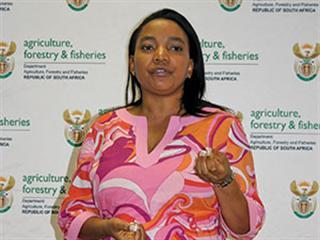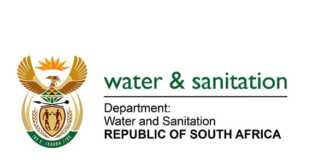
This was according to Dr Mpho Maja, DAFF’s director of animal health, who spoke at the recent World Veterinary Day hosted by the South African Veterinary Association (Sava) in Pretoria. SA lost its FMD-free status outside the control zone after an outbreak of the virus in 2011. Maja said that since then the department had worked tirelessly to see SA’s FMD-free status restored.
This has involved conducting surveillance throughout the country during most of last year to prove that the virus was not circulating. It also involved presenting a submission to the World Organisation for Animal Health (OIE) in September. Unfortunately sections of the information submitted were not entirely complete and the OIE has requested that this be rectified, said Maja.
“We are now outside the normal OIE cycle for granting status to countries. That is usually concluded in February,” she said, explaining that this meant she could not be sure when SA’s FMD-free status was likely to be restored. “Subsequent to the surveillance we have scientific proof that no virus is circulating in the country. So we are engaging our trade partners to look at the surveillance, trying to convince them that they can trade with us.”
Also speaking at the Veterinary Day, which focused on the importance of vaccination, Dr Botlhe Michael Modisane, chief director of animal production and health at DAFF, said animal health tied in with human health. Dr Modisane said it was unnecessary for humans to contract rabies, for example, as this could be prevented by vaccinating animals.
“We eradicated the rinderpest through vaccination,” said Maja. But she said there needed to be far more awareness and education about the importance of vaccination, especially in the rural areas. As an example Maja highlighted the recent spread of African horse sickness among horses in the rural parts of the Eastern Cape.
Meanwhile, a Sava representative encouraged farmers to involve their local vets with their vaccination programmes. “They are specialists in their field and if you don’t support them for day-to-day work, they won’t be there when you need them most.”












